NEWS & INSIGHTS
What Factors Affect the Durability of Solar Panels?
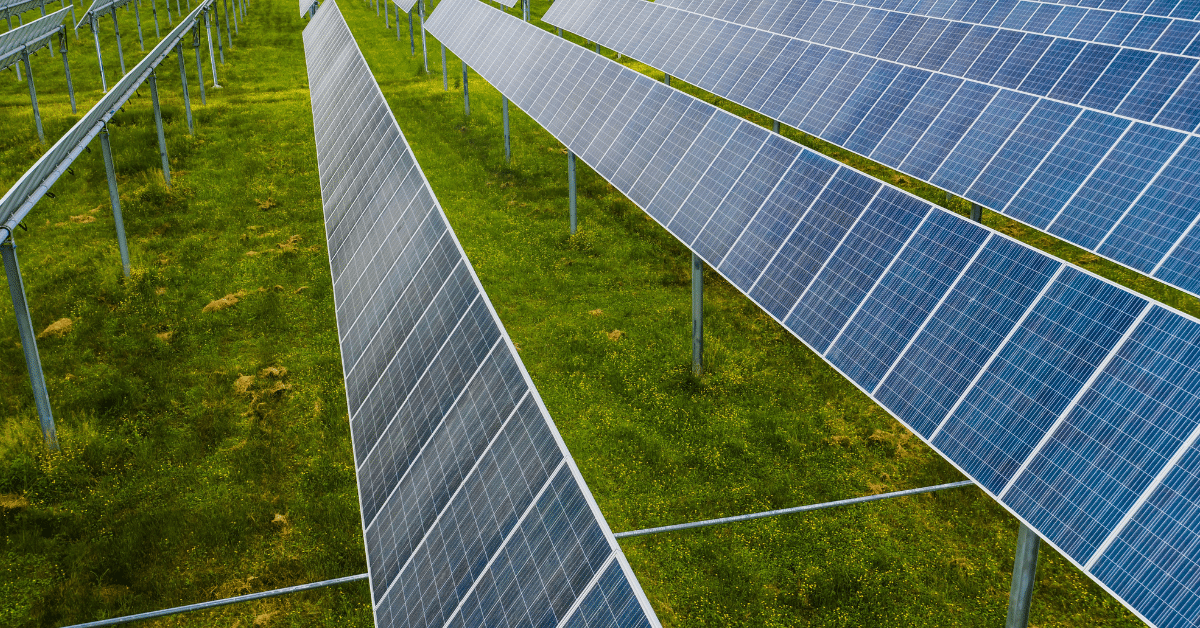
When considering a shift to renewable energy sources, solar panels are often at the forefront of discussions. They are not just a symbol of moving towards a more sustainable lifestyle but also represent a smart investment in the future of our planet and personal finances. Solar panels offer a greener alternative to traditional energy sources, significantly reducing the carbon footprint of households and businesses alike. Moreover, they promise substantial savings on electricity bills over time, making them an attractive option for anyone looking to reduce their energy expenses.
However, amidst the enthusiasm for these innovative devices, a common query emerges among potential users: the lifespan of solar panels. How long can they expect these devices to last? What factors play a crucial role in determining their durability and efficiency over the years? Understanding these aspects is essential for anyone considering making the leap to solar energy. So, let’s dive in and explore the elements that contribute to the longevity of solar panels, ensuring you make an informed decision on this valuable investment.
Installation Guide: The First Step Towards Durability
Embarking on the journey toward harnessing solar energy begins the moment you decide to install solar panels. This initial step is critical and must be approached with meticulous attention to detail. The installation process lays the foundation for the future performance and longevity of your solar panels. It’s not just about mounting panels; it’s about making informed decisions at every step. Selecting the optimal location is crucial – a spot that basks in unobstructed sunlight for the majority of the day ensures your panels work efficiently.
But it doesn’t stop there. The angle of installation, security against the unpredictable forces of nature, and ensuring there’s no shade affecting your panels are all factors that significantly contribute to their lifespan. Each recommendation in the installation guide is aimed at maximizing output and durability, making it an indispensable resource for homeowners and installers alike.
The Role of Maintenance: Clean Solar Panels
The importance of maintenance in the life cycle of solar panels cannot be overstated. Imagine your panels as large, sun-catching windows that need to remain clear to function at their best. Over time, everything from bird droppings to fallen leaves can form a layer over your panels, diminishing their ability to absorb sunlight. Regularly clean solar panels are not just about aesthetics; it’s a critical practice to ensure they operate efficiently.
Timing also matters; cleaning during cooler parts of the day, like early mornings or late evenings, minimizes the risk of thermal shock, which can damage the panels. Furthermore, using the correct cleaning materials to avoid scratching the glass surface is vital. A gentle approach ensures that your panels remain in top condition, ready to convert sunlight into energy effectively.
Weather and Environmental Factors
Solar panels are marvels of engineering, designed to withstand the elements. However, their endurance has limits. Extreme weather events—be it the pounding force of hail, the heavy burden of snow, or the ferocity of high winds—pose significant threats. Environmental factors also come into play; for instance, salty air in coastal areas can corrode and degrade the materials over time.
Even with these challenges, the resilience built into solar panels means they continue to operate effectively for many years. Understanding and mitigating these environmental impacts as much as possible can help protect your investment and maintain optimal performance.
Advancements in Solar Panels for Long Life
The solar panel industry is in a constant state of innovation, with advancements aimed at enhancing both efficiency and durability. These improvements mean that new generations of solar panels are not just better at converting sunlight into electricity; they’re also more capable of standing up to environmental stressors. Innovations like anti-reflective coatings not only boost efficiency by capturing more sunlight but also help in keeping the panels cleaner by reducing the stickiness of dust and dirt.
Additionally, the development of stronger materials for the panels’ frames and backings increases their resistance to physical damage. As technology progresses, these advancements ensure that the future of solar energy is not only brighter but also more sustainable.
Knowing the Ending Stage Naturally
Even the most advanced and well-maintained solar panels have a finite lifespan. Recognizing the natural end of this lifespan is crucial for planning replacements or upgrades. A noticeable decline in efficiency often marks this stage, signaling that the panels are no longer performing at their optimal capacity.
This doesn’t happen overnight but is a gradual process, giving you plenty of time to assess your options. With warranties covering up to 25 years and many panels exceeding this lifespan, it’s a testament to the durability and long-term viability of solar energy solutions. Being prepared for this eventual transition ensures that you can continue to enjoy the benefits of solar energy without significant interruption.
Conclusion
The durability of solar panels is influenced by a variety of factors, including how they are installed, maintained, and the environment they are exposed to. Thanks to advancements in technology, solar panels today are more durable and efficient than ever.
By understanding and addressing these factors, users can ensure that their investment in solar energy remains fruitful for many years, contributing to a greener planet and savings on energy costs. Whether you’re at the stage of considering installation, maintaining your current setup, or thinking about the future, the journey of solar panel ownership is undoubtedly a rewarding one.
COMPLETED PROJECTS, PARTNERS AND MEMBERSHIPS


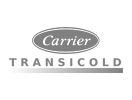


































Check Your Eligibility Now!
Fill in this form to find out if you qualify for a government discounted hot water system
Australian Energy Upgrades Credentials
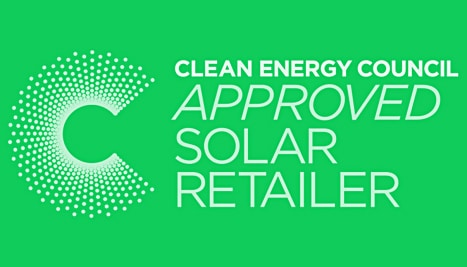
Australian Energy Upgrades have signed on to the Clean Energy Council Solar Retailer Code of Conduct – the only solar industry code of conduct authorised by the Australian Competition and Consumer Commission (ACCC).

Australian Energy Upgrades are registered solar installers with Solar Victoria. This allows us to provide eligible households with subsidised solar installations under the Solar Victoria Rebate scheme.
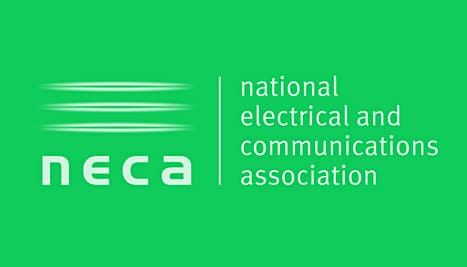
Australian Energy Upgrades is a member of the National Electrical and Communication Association (NECA), recognised nationally as the peak industry body of our field. Our membership ensures our employees have the highest level of training and resources available to fulfil our work to the highest possible standard.
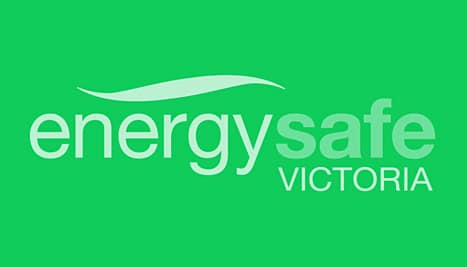
Australian Energy Upgrades holds a Registered Electrical Contracters license (REC:23631). You can be confident your installation is conducted to the highest level of safety and compliance in accordance with all Australian standards and regulations. We don’t just hire qualified people, we are qualified.
- 1300 996 917
- [email protected]
- P.O. Box 2077 Grovedale East 3216
Our passion is to help Australians become more energy independent. After a difficult 10 years of constant power company price increases, black-outs and coal-fired power plant failures, we’re seeing more Australians searching for a better solution.
